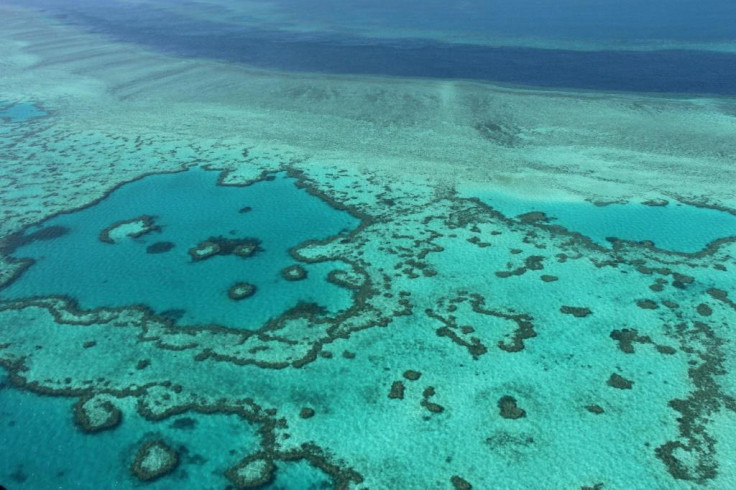Damage to Great Barrier Reef will be irreversible if emissions not reduced: Report
The report is one of several such studies that have been warning governments to take action to save the reef ecosystem.

The damage to the Great Barrier Reef (GBR) caused by climate change will be irreversible by mid-century, the Australian Academy of Science has claimed in its latest report.
The scientists and experts from the academy gathered between March and May 2023 to analyse the possible effects of global warming on reef ecosystems.
Their report found that if greenhouse gas emissions are not brought under control, the reef ecosystem will "fundamentally change." It said that "irreversible impacts from climate change on GBR ecological and socio-ecological systems are probable."
The academy divided its analyses into three scenarios: near-term, medium-term, and high emissions scenarios. It added that in the near term, the impact will be most visible on coral reefs, seagrass habitats, and species such as fish, turtles, and dugongs. Heatwaves, coral bleaching, and cyclones might become more frequent.
The medium-term high emissions scenario may see more habitat loss and degradation. "There will be potential severe impacts on coastal areas, catchments and the 900 GBR islands from increased coastal erosion and the release of blue carbon from degraded coastal ecosystems," reads an excerpt from the report.
While the low-emission medium-term scenario may see corals undergoing a greater decline and the frequent occurrence of bleaching events. All three scenarios will prove highly detrimental to the Australian tourism industry. The negative impact will be multipronged; local culture, indigenous communities, and their livelihoods will all bear the brunt of global warming.
A UNESCO heritage committee stopped short of listing Australia's Great Barrier Reef as a site that is ‘in danger’ but warned the world's biggest coral reef ecosystem remained under ‘serious threat’ from pollution and the warming of oceans https://t.co/yo9Or7jNzv pic.twitter.com/5W5IEceQLK
— Reuters (@Reuters) August 1, 2023
"Climate change is the primary threat to the GBR and its connected systems. Scientists expect more severe, irreversible, and costly impacts in a high-emissions scenario compared to a low-emissions scenario," says the report.
"Truthful, open and clear communication with the public is needed to prepare Australians for what is to come," it suggests.
The Great Barrier Reef (GBR), which stretches along most of the coastline of the state of Queensland and is about the size of Japan, contains the world's largest collection of coral reefs, with 400 types of coral, 1,500 species of fish, and 4,000 types of molluscs. The United Nations listed the reef as a World Heritage Site in 1981.
The GBR is one of the most complex natural ecosystems on the planet and holds extreme significance for biodiversity conservation. It is currently under threat from ocean acidification and coral bleaching. The rising sea temperatures have already caused two major incidents of coral bleaching in the past.
Warming oceans have a negative impact on reef ecosystems. The phenomenon has already affected coral reefs around the globe. Now, data from the US National Atmospheric and Oceanic Administration (NOAA) has shown that the marine heatwave along the Queensland coast began in June itself and could possibly induce a disease outbreak in the coming months.
The excessive acidification of the oceans due to increased carbon intake has led to the erosion of most coral reefs and amounts to an estimated trillion dollars' worth of damage. The Great Barrier Reef has lost half its coral cover in the past three decades due to excessive bleaching and cyclones arising from climatic conditions.
According to Australia's National Coral Bleaching Task Force estimate, only 7% of the world's largest reef system has been left untouched by coral bleaching.
Bleaching occurs when corals are stressed by adverse changes in conditions such as temperature, light, or nutrients, forcing them to expel algae from their tissues. The result is that corals gradually lose their colour before turning completely white.
Corals are known to recover from bleaching, but if the algae loss is prolonged and the stress continues, they eventually die.
The temperatures over the reef were the 12th highest on record in the month of June. The temperatures were more than 1°C above average for this time of year, as per the Australian Bureau of Meteorology.
© Copyright IBTimes 2025. All rights reserved.






















